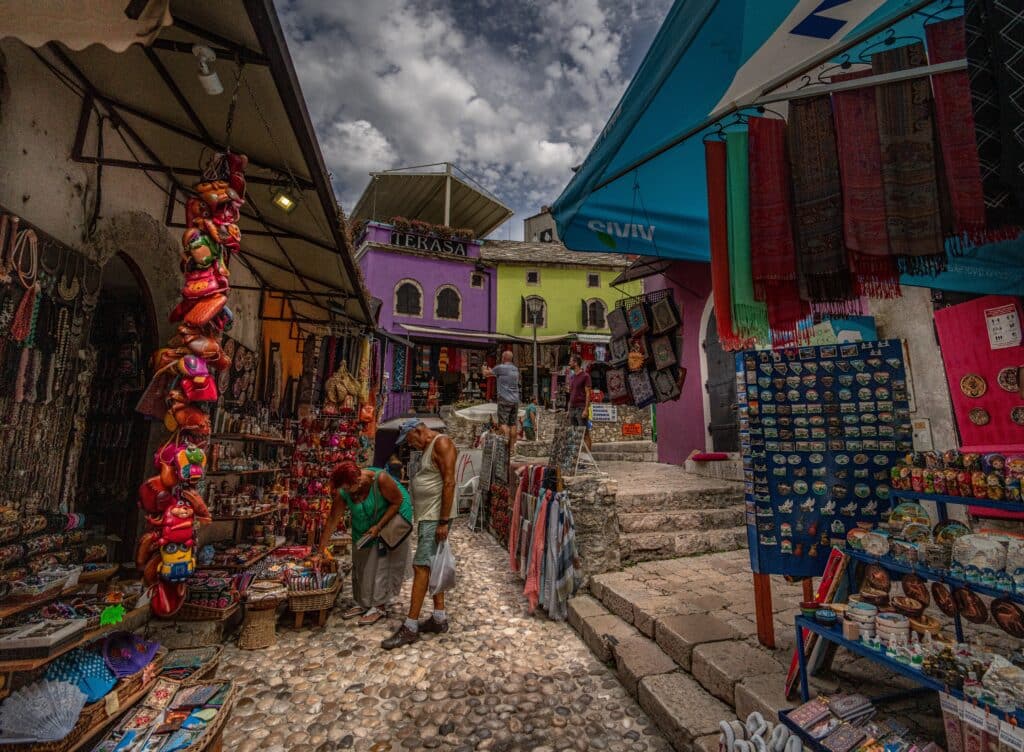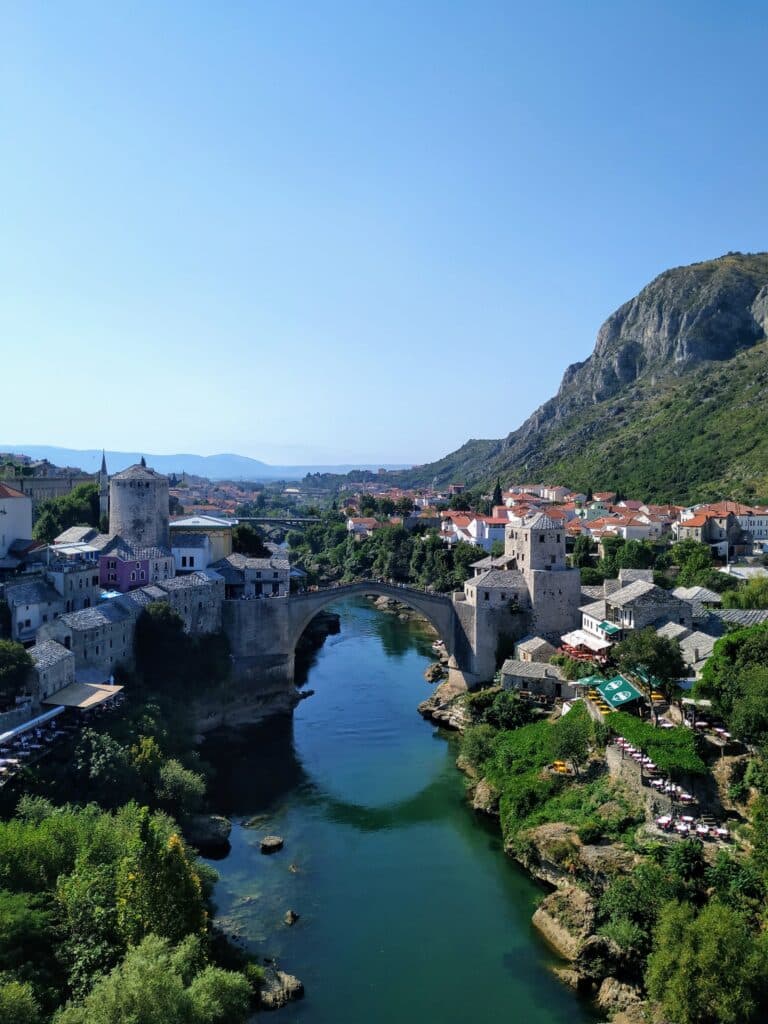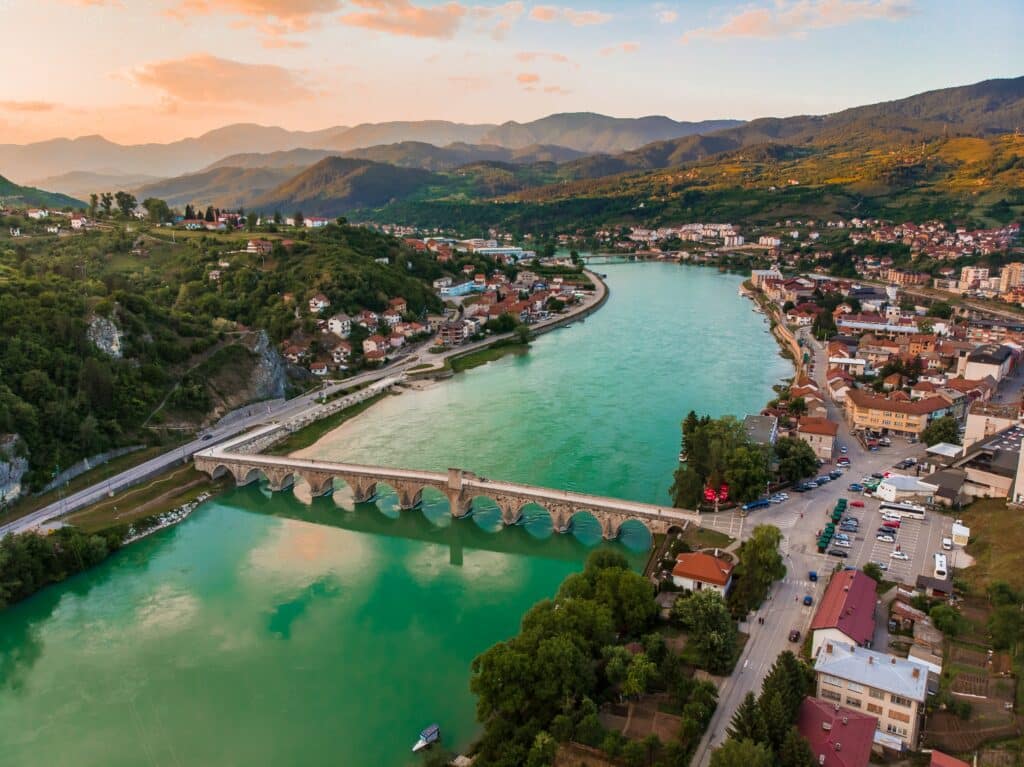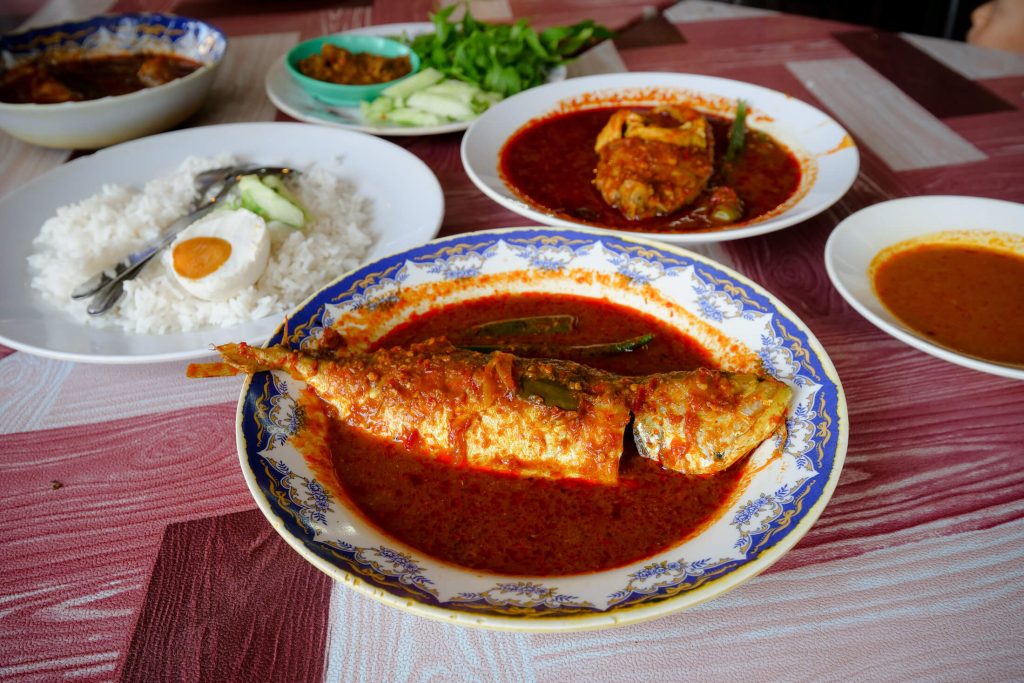The country of Bosnia and Herzegovina is a magnificent place, with breathtaking mountains, rolling hills, and serene rivers. It is a part of the Balkans, a region in southeast Europe that is characterized by its diverse countries, shared language, and intertwined history. The Balkans have seen many border changes throughout history, with some countries straddling the line between Europe and Asia. Traditionally, the Balkan Nations include Albania, Bosnia and Herzegovina, Bulgaria, Greece, Kosovo, Montenegro, and North Macedonia.
Bosnia and Herzegovina is often referred to as BiH or B&H for short, but the most commonly used name is simply Bosnia. This is because about 80 percent of the country is Bosnian land, with the southern region known as Herzegovina. With a population of 3.5 million, nearly half of the residents live in cities. The country itself is relatively small, covering an area of just under 20,000 square miles. The largest city in the nation is Sarajevo, followed by Banja Luka. Mostar, famous for its iconic Stari Most or Mostar Old Bridge, is another well-known city in Bosnia.
The influence of the Ottoman Empire, which ruled for over 600 years until the end of World War I, can still be seen in Bosnia’s architecture and cities. Sarajevo, in particular, has been compared to a smaller and cleaner version of Istanbul. The country’s natural beauty is also a highlight, with its stunning scenery of mountains, lakes, and rivers. Despite its lack of coastline, Bosnia makes up for it with its other water features. Recently, the Pelješac Bridge was opened, providing a bypass for Croatian drivers to reach Dubrovnik without going through Bosnia.

Bosnia’s history is rich and complex, with Sarajevo playing a significant role. The assassination of Archduke Franz Ferdinand in Sarajevo in 1914 triggered World War I and led to a period of turmoil in Europe. After the war, the Balkans saw continued conflicts and tensions, culminating in the Bosnian War from 1992 to 1995. The scars of war can still be seen today, with landmines present in the countryside. However, Bosnia remains proud of its involvement in the peace process, and memorials can be found throughout the country to honor those who lost their lives.
The people of Bosnia are known for their warmth and friendliness. English is widely spoken, and locals are always willing to help visitors. The food in Bosnia is a fusion of Turkish, Hungarian, and Balkan flavors, with dishes centered around veal, pork, and vegetarian options. Cevapi, grilled meat patties or sausages, are a popular choice.
One of the advantages of visiting Bosnia is its affordability. The cost of living is relatively low compared to other countries, making it an attractive destination for budget travelers. Accommodations, meals, and drinks are reasonably priced, allowing visitors to stretch their budgets further.

Another advantage is the lack of crowds. Bosnia is not part of the Schengen Zone, making it a great option for travelers who need to reset their visa time. During the summer months, when many Europeans are on holiday, Bosnia remains calm and peaceful, with minimal traffic and no long lines.
Whether you’re a nomad or someone looking to explore beyond their home country, Bosnia and Herzegovina offers a unique and rewarding experience. Its natural beauty, rich history, friendly people, affordability, and lack of crowds make it a hidden gem in the heart of the Balkans.








